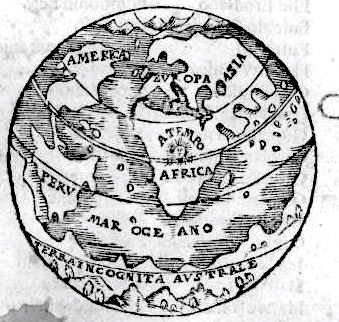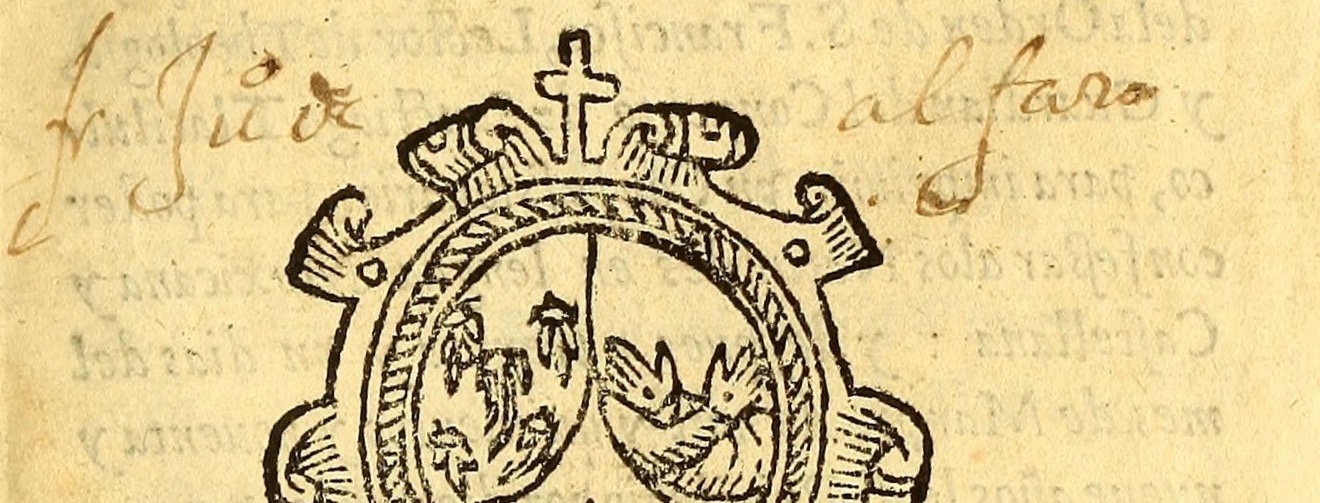Spanish missionaries in sixteenth-century Mesoamerica used education as part of evangelization. Through books like this confessional manual, printed at the Franciscan convent in Tlatelolco, they instructed new missionaries on religious practice in the colonies. Printed in a pocket-size octavo for easy consultation, the Advertencias has numerous errors, like the two folios numbered 14 (shown here).
By regulating religious practice in the Americas, books like the Advertencias illustrate Spanish ideas about Indigenous culture and language. On the page shown here, the author explains that Indigenous penitents do not confess properly. For example, he says, they are more likely to say the Nahuatl “aço Pedro momecatitinemi” than the Spanish “Pedro esta amancebado.” Both phrases mean the same thing: that Pedro is in a relationship with someone who is not his wife. But the less definitive phrasing used in the Mesoamerican language Nahuatl is enough to make the Indigenous confession suspect.
The Advertencias is bound with the more celebrated Confessionario (1599) in a modern binding, with ownership marks of Nicolas León and the Colegio de San Gregorio, Mexico.
Citation
Juan Bautista, Aduertencias. Para los confessores de los naturales. Tlatelolco: M. Ocharte, 1600. [[Catalogue Entry.] [archive.org]

